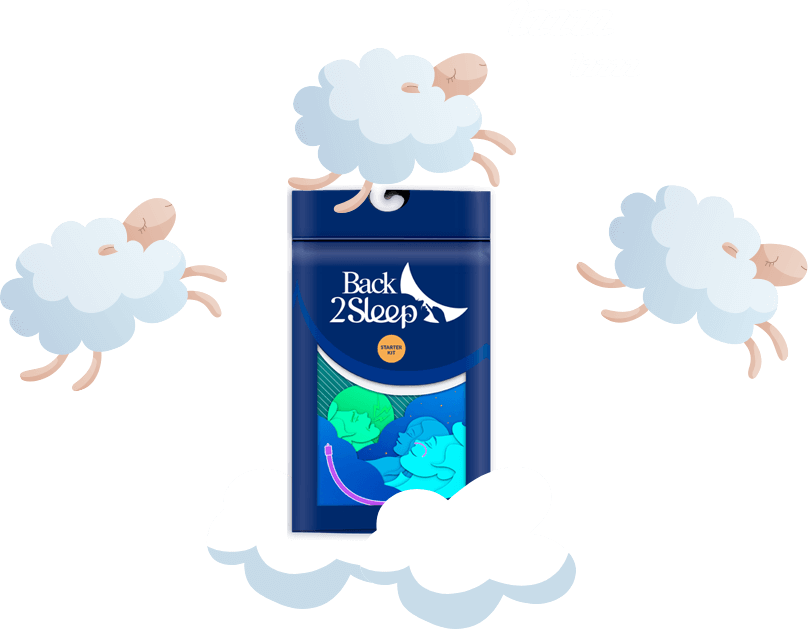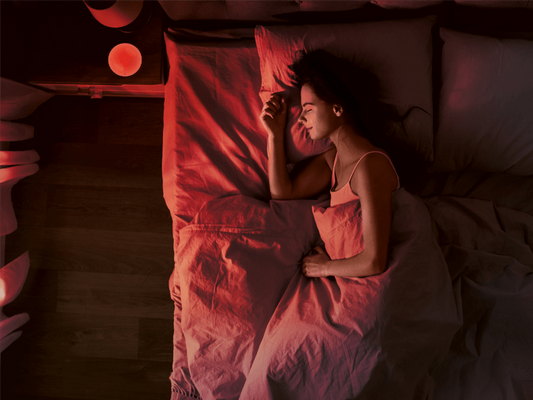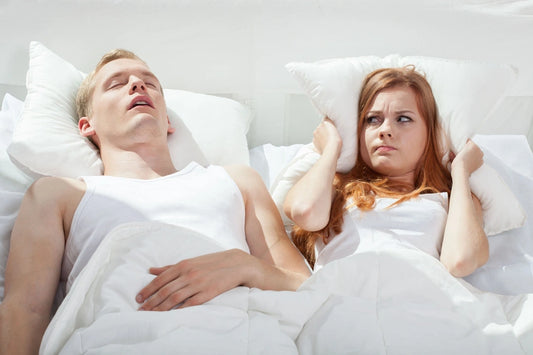A restful night's sleep is vital for our physical and mental well-being. One often overlooked factor in achieving quality sleep is the sleep environment itself. Creating a sleep-friendly environment can significantly enhance your sleep quality and overall sleep experience. In this article, we will explore valuable tips and strategies for improving your sleep environment, transforming your bedroom into a peaceful oasis conducive to restful sleep. Let's dive in and discover how to optimize your surroundings for a rejuvenating slumber.
Optimal Bedding and Mattress for Comfort
The foundation of a sleep-friendly environment lies in your bedding and mattress. Consider the following tips to ensure comfort and support:
Invest in a Quality Mattress: Choose a mattress that suits your preferences and provides proper support for your body. Look for options that promote spinal alignment and minimize pressure points.
Choose Comfortable Bedding: Opt for soft, breathable sheets and pillowcases made from natural materials like cotton or bamboo. Ensure they are clean and free from allergens that can disrupt your sleep.
Create a Calming and Clutter-Free Atmosphere
A clutter-free and serene atmosphere in your bedroom can significantly impact your sleep quality. Consider the following strategies:
Declutter Your Bedroom: Remove unnecessary items and keep surfaces clean and organized. Clutter can create visual distractions and contribute to a sense of unease, hindering relaxation.
Soft Lighting: Use soft, warm lighting in your bedroom to create a cozy and calming ambiance. Dim the lights in the evening to signal your body that it's time to wind down.
Regulate Temperature and Ventilation
The temperature and ventilation in your bedroom play a crucial role in promoting restful sleep. Consider the following tips:
Optimal Room Temperature: Set the room temperature between 60 to 67 degrees Fahrenheit (15 to 19 degrees Celsius) for most people. Adjust the temperature based on personal preferences and the climate you live in.
Ensure Adequate Ventilation: Good air circulation is essential for maintaining a fresh and comfortable sleep environment. Open windows, use fans, or consider an air purifier to improve air quality.
Minimize Noise and Distractions
A quiet and peaceful sleep environment is conducive to restful sleep. Consider the following strategies to minimize noise and distractions:
White Noise Machines: Use white noise machines or smartphone apps that generate soothing sounds, such as ocean waves or rainfall, to mask disruptive noises and promote relaxation.
Earplugs: If external noises are unavoidable, consider using earplugs to block out unwanted sounds and create a more serene sleep environment.
Create a Dark Sleep Environment
A dark sleep environment is essential for triggering the release of melatonin, the hormone that regulates sleep-wake cycles. Consider the following tips:
Use Blackout Curtains or Shades: Install blackout curtains or shades to block out external light sources, ensuring a dark sleep environment. These can be particularly helpful if you live in an area with streetlights or have early morning sunlight.
Minimize Electronics: Remove electronic devices from your bedroom or cover their displays with blackout stickers. Even small lights from electronics can disrupt your sleep environment and melatonin production.
Establish a Relaxing Bedtime Routine
Creating a relaxing bedtime routine can signal to your body that it's time to wind down and prepare for sleep. Consider the following strategies:
Set a Consistent Sleep Schedule: Establish a regular sleep schedule, going to bed and waking up at the same time each day, even on weekends. Consistency helps regulate your body's internal clock.
Wind Down Activities: Engage in calming activities before bed, such as reading a book, practicing gentle stretching or yoga, or taking a warm bath. Avoid stimulating activities and electronics close to bedtime.
Address Allergens and Improve Air Quality
Addressing allergens and improving air quality can significantly enhance your sleep environment. Consider the following tips:
Dust and Vacuum Regularly: Dust surfaces and vacuum your bedroom regularly to reduce the presence of allergens, such as dust mites, pet dander, and pollen.
Keep Indoor Plants: Certain indoor plants, such as snake plants or peace lilies, can help improve air quality by filtering out pollutants and increasing oxygen levels.
Creating an optimal sleep environment is essential for achieving restful and rejuvenating sleep. By implementing these tips, from investing in a comfortable mattress and bedding to regulating temperature and minimizing distractions, you can transform your bedroom into a peaceful oasis conducive to quality sleep. Remember to tailor your sleep environment to your preferences and individual needs, and don't be afraid to experiment with different elements to find what works best for you. Prioritize your sleep, create the perfect sleep environment, and embrace the benefits of restful sleep for your overall health and well-being. Sleep tight and wake up refreshed!

- Choosing a selection results in a full page refresh.
- Opens in a new window.







